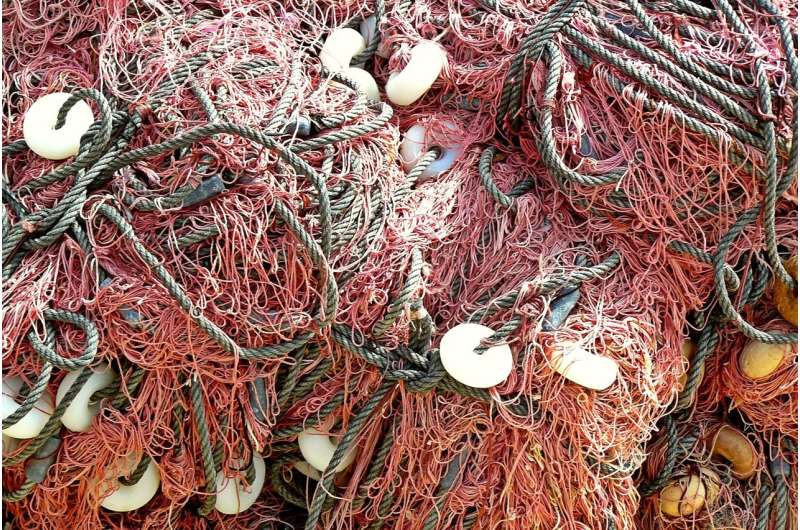How overfishing handicaps resilience of marine resources under climate change
Published on by Water Network Research, Official research team of The Water Network in Academic
Editorial: How overfishing handicaps resilience of marine resources under climate change


 Charlotte de Fontaubert2
Charlotte de Fontaubert2 
- 1Institute for the Oceans and Fisheries and the School of Public Policy and Global Affairs, University of British Columbia, Vancouver, BC, Canada
- 2George Washington University, Elliott School of International Affairs, Washington, DC, United States
- 3Institute for the Oceans and Fisheries, University of British Columbia, Vancouver, BC, Canada
Editorial on the Research Topic
How overfishing handicaps resilience of marine resources under climate change
It is now clear to most scientists and many non-scientists that Climate Change (CC) is altering ocean physics and chemistry, thereby affecting the ecology and biology of marine life. These changes in turn impact ocean economics and the lives and livelihoods of millions of people who depend on it. Independent and IPCC (Intergovernmental Panel on Climate Change) researchers have been developing this knowledge for decades (e.g., Cheung et al., 2010; Sumaila et al., 2011; Bopp et al., 2013; Pörtner et al., 2019).
In recent years, scientists and the world have come to realise that the interaction between CC and the ocean and its dependent economies are not unidirectional but bidirectional. That is, it is not just that CC impacts ocean life and related economies, but ocean economic activities also contribute to carbon emission and therefore CC. To demonstrate the latter in terms of fish and fisheries, researchers at the University of British Columbia in collaboration with the environmental NGO, Our Fish, launched a Research Topic to see if we could show that addressing overfishing is also in effect climate action. Over 40 scholars collaborated to author nine papers in this Research Topic entitled “ How Overfishing Handicaps Resilience of Marine Resources Under Climate Change ”.
We describe here the highlights of each paper with the goal of whetting the appetite of the reader to dig deeper into our findings by reading the papers in full.
In the opening paper in the Research Topic, Sumaila and Tai explain how ending overfishing can increase the resilience of the ocean to CC. The authors conducted a literature review and analysis, and concluded that (i) marine fish stocks are overfished in many parts of our oceans; (ii) CC has significant consequences on ocean life; (iii) ending overfishing could make fish stocks more climate resilient; and (iv) fish and fish stocks are like people and more likely to withstand the impact of an attack (e.g., by CC) when they are in a healthy condition to start with.
Media
Taxonomy
- Fisheries
- Climate Change
- Fish Farming
- Fisheries governance
- climate change